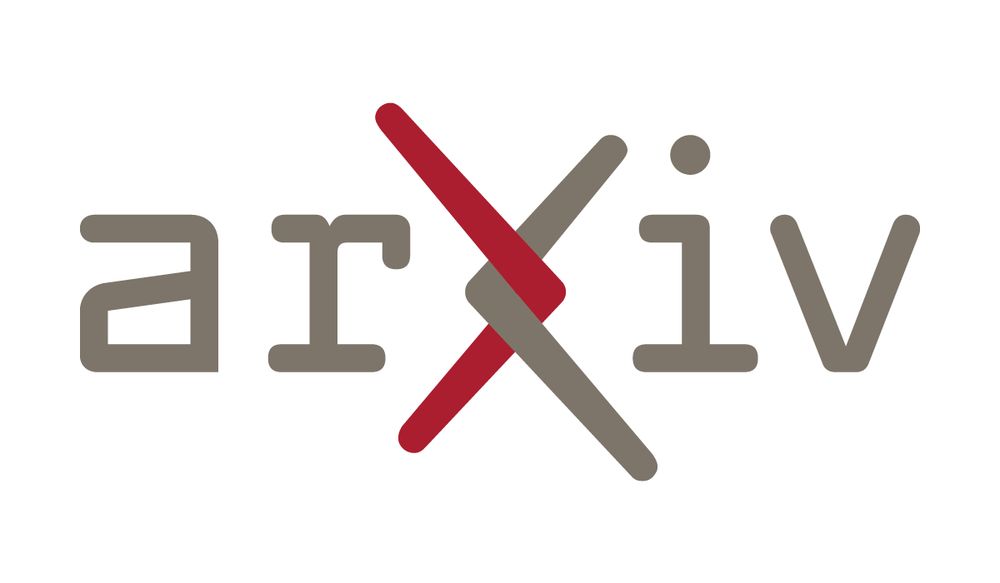Juan Murillo Vargas
@jimurillo98.bsky.social
140 followers
180 following
40 posts
PhD student at MIT. Philosophy of language, philosophy of cog sci, philosophy of mind. Lower-case chomskyan, upper-case Nerd.
Posts
Media
Videos
Starter Packs
Reposted by Juan Murillo Vargas
Reposted by Juan Murillo Vargas
Reposted by Juan Murillo Vargas
Reposted by Juan Murillo Vargas
Reposted by Juan Murillo Vargas
Reposted by Juan Murillo Vargas
Reposted by Juan Murillo Vargas
Reposted by Juan Murillo Vargas
Reposted by Juan Murillo Vargas
Reposted by Juan Murillo Vargas
Reposted by Juan Murillo Vargas
Reposted by Juan Murillo Vargas
Reposted by Juan Murillo Vargas
Reposted by Juan Murillo Vargas


















